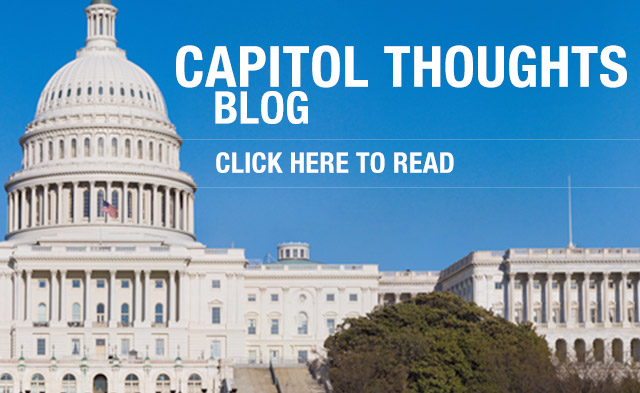Capitol Thoughts
Moment of Honesty
—
Janaye Ingram
November 6, 2015
When footage surfaced of a Columbia, SC high school student being flipped in her desk and then dragged across the floor by a school resource officer, there was collective outrage from a community tired of seeing officers abuse their power and black people being disproportionately on the receiving end of that abuse. Even more disturbing was that this was a student in a classroom who appeared to be doing nothing wrong. In the video, she is barely audible as the officer asks her to leave the class.
In the short time after that video was released, there was debate from people of all walks of life blaming the student, the officer, the principal, the girl’s family, and the teacher for the incident unfolding the way it did. The officer was ultimately fired from the school, but since the video of the South Carolina student was released, there have been several other videos showing black students slamming, hitting and throwing things at teachers. It seems like a coordinated effort to show that the depiction of the South Carolina student was somehow justified by the actions of the other students, even if it was overboard.
While I agree that the young lady in Columbia should not have been brutalized by the resource officer nor should she have received any punishment, some of the other footage I have seen gives me worry. The conversation surrounding the videos of other students misbehaving has been focused solely on the media with many people not responding to the actions of the students or even going as far as saying they aren’t culpable. I struggle to understand why we can’t have a conversation about both and find meaningful solutions.
As a community, we know we have issues with the media; that has been a longstanding fact. Even media personalities who are supposed to represent us have seemed to take on a negative view of who we are (I’m looking at you Don Lemon and Raven Symone). We should continue to point out when the media is being irresponsible, negative or nonexistent.
At the same time, we cannot allow bad behavior by our children to go undiscussed because of the context of the conversation. We do ourselves, our children and our community a disservice when we turn our eyes away from the behavior that we don’t want to see displayed because we are afraid others will use it to create a false narrative about who we are as a collective people. I’m not saying that we have a public forum on what is wrong, but we should be able to have a “family conversation” about it. There have been so many people who have said they wouldn’t acknowledge it or it’s a strategic attack on our children, but many times it is the children who are filming these incidents. They are seen laughing or joking about it and then somehow it ends up posted online. That is a problem. We all have to face the truth about the issues we see. We can’t ask for accountability and then eschew it at the same time. It’s not considered accepting one if we call out the other. We have to find ways to demand more from others and from ourselves and if we do, we will be the better for it.